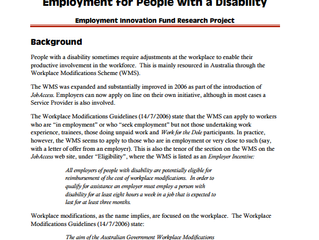

Research: Head and Mouth Control Options
We are nearing completion of our research project, looking at options for controlling a computer or tablet with your head or mouth. This...
Comparative Product Testing 2013-14
This product comparison project was undertaken in 2013 and available products may have been updated since then. All information was...


'An Evaluation of Electronic Memory and Organisation Aids for People with Cognitive Impairment&#
Project Aims: To identify portable electronic devices and software that may be used as electronic memory and organisation aids for people...


An Evaluation of Handheld Computer Games for People with Cognitive Impairment
Read the full report here Project aims The St George Foundation has funded Ability Technology to conduct an evaluation of 50 handheld...
'Independence at Home: An Evaluation of Electronic Aids to Daily Living' (2nd ed.)
NEW E-BOOK AVAILABLE Independence at Home - An Evaluation of Electronic Aids to Daily Living 2nd ed. Ability Technology are constantly...
An Evaluation of Computer Games for Young People with Brain Injury
This project provides guidance in the selection of computer games for young people with a brain injury (either acquired or traumatic) and...
Video Games Project: Games for People with Brain Injury
This project was made possible through the generous contribution of The Trust Foundation. Survived a traumatic brain injury? Or know of...


Productivity-Enhancing Technology and Employment for People with a Disabilty
This project was funded by the Employment Innovation Fund, Department of Education, Employment and Workplace Relations. Click here to...


The Role of Computers in the Employment of People with Brain Injury
This project was funded by the Motor Accidents Authority of NSW. Click here to read the full report. #Research
The Role of Computers in the Employment of People with Quadriplegia
This doctoral thesis evaluates the role of computer technology in influencing the employment process of people with quadriplegia. It does...




















